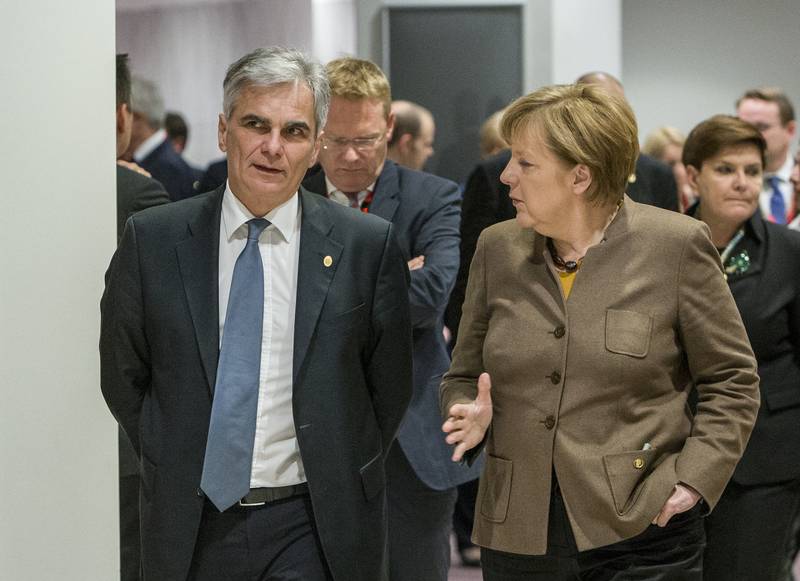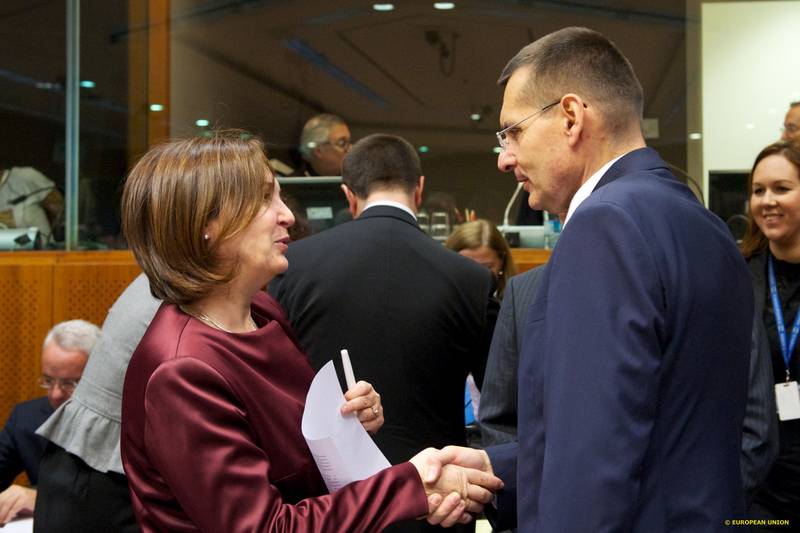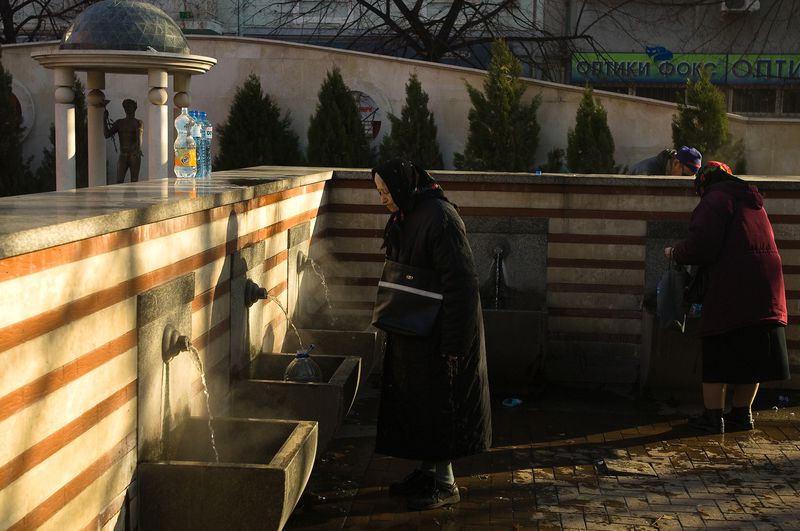Watch Schengen, Think About the CVM
Ralitsa Kovacheva, Vladimir Shopov, March 12, 2012
 At their last meeting (8 March 2012) the EU interior ministers discussed the guidelines to strengthen the political governance of the Schengen area. In September, 2011 the European Commission presented a communication on the issue, where it committed to verify compliance with Schengen legislation in each Member State. The Commission will prepare reports that will indicate weaknesses and recommend corrective actions within certain time limits. In addition, the Commission will report to the European Parliament and the Council on the functioning of Schengen cooperation at least once a year. The first report will be ready in May 2012. At their meeting the ministers discussed in detail what these reports should contain. "The reports should be brief, concise and provide an overview of the main trends and recent developments regarding Schengen cooperation, including analysis of causes." Special attention should be paid to the implementation of Schengen acquis, the agreed measures to strengthen the protection of external borders and combating illegal immigration, as well as the Schengen cooperation in combating serious and organised crime.
At their last meeting (8 March 2012) the EU interior ministers discussed the guidelines to strengthen the political governance of the Schengen area. In September, 2011 the European Commission presented a communication on the issue, where it committed to verify compliance with Schengen legislation in each Member State. The Commission will prepare reports that will indicate weaknesses and recommend corrective actions within certain time limits. In addition, the Commission will report to the European Parliament and the Council on the functioning of Schengen cooperation at least once a year. The first report will be ready in May 2012. At their meeting the ministers discussed in detail what these reports should contain. "The reports should be brief, concise and provide an overview of the main trends and recent developments regarding Schengen cooperation, including analysis of causes." Special attention should be paid to the implementation of Schengen acquis, the agreed measures to strengthen the protection of external borders and combating illegal immigration, as well as the Schengen cooperation in combating serious and organised crime.
How should we interpret these changes in the Schengen rules, in terms of Bulgaria`s (and Romania`s) attempts to join Schengen and even more, given the link between Schengen membership and the Cooperation and Verification Mechanism (CVM), under which the Commission assesses Bulgaria's progress in the judicial reforms, the fight against corruption and organised crime? As you know, this year the European Commission is expected to present a big report, summarising the five years during which the CVM is in force, together with its vision about the CVM`s future. Is it possible the CVM, which applies only to Bulgaria and Romania, to be replaced by new rules for Schengen governance and thus a similar system of evaluation and control to be introduced for all Schengen countries - this is the opinion of political scientist Vladimir Shopov, European Strategy Policy Institute`s Director (ESPI), written especially for euinside:
The latest decisions in terms of Schengen show that Bulgaria is moving according to the schedule. Certainly not according to its own schedule, but to that of the European Union. The Netherlands is only playing the necessary role. This assessment is still valid after the recent decisions of the Council (see above).
Our membership is a function of the institutional readiness of the EU to monitor, evaluate and control various aspects of the Schengen system, especially in countries having external borders. The European Commission will have more and wider powers to evaluate and prescribe measures in terms of various aspects of the acquis. Besides, such activities are also conducted by the Council`s working groups and community institutions like Frontex. There is a process of increasing the controlling and prescribing institutions in the form of a network. It moves forward and, respectively, the Schengen membership of Bulgaria and Romania is approaching.
This network is one of the possible continuations of the control mechanism for countries like Bulgaria (the CVM*). Another continuation is to establish procedures and mechanisms for assessing corruption and judicial systems, which is already underway within the EU. Schengen is actually part of this broader process of managerial innovations in the field of the Interior and Justice, which, let's recall, in their vast majority have become communautaire after the Lisbon Treaty. The application of these, in theory "softer" procedures could be sharper to poor member states like Bulgaria and act as a substitute for the current mechanism.
So, watch Schengen, but think about the mechanism. And when the substitute institutional infrastructure is ready, the end of the CVM will be officially declared.
*Cooperation and Verification Mechanism (CVM) has been imposed on Bulgaria and Romania to enable their accession to the EU and is aimed to verify and evaluate their progress in reforming the system of justice and home affairs.
The emphasis is euinside's.
 Werner Faymann, Angela Merkel | © Council of the EU
Werner Faymann, Angela Merkel | © Council of the EU Rumyana Bachvarova, Petre Toba | © Council of the EU
Rumyana Bachvarova, Petre Toba | © Council of the EU Meglena Kuneva | © Council of the EU
Meglena Kuneva | © Council of the EU | © European Union
| © European Union | © euinside
| © euinside | © EU
| © EU